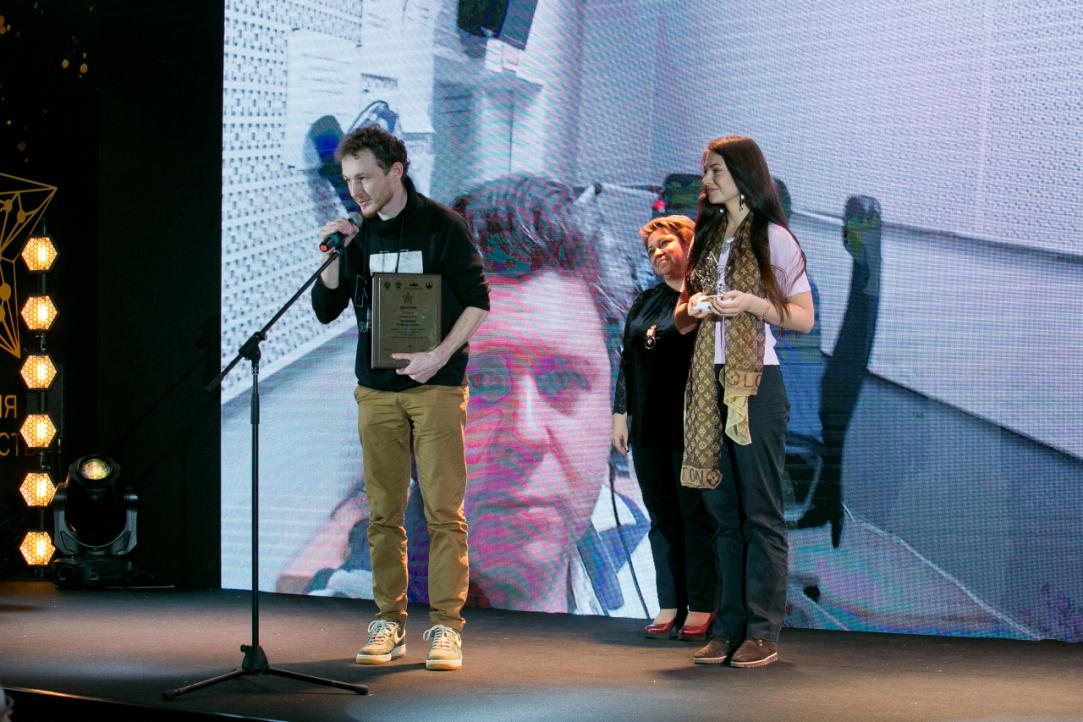Marketing Experts Will Be Without Work if They Do Not Learn New Technologies
By 2025, a significant number of marketing experts will lose their jobs to computer programmes that can perform their jobs for them. But those who learn to work with big data and use neurosemantic and social techonology will be able to survive, says Tatyana Komissarova, Dean of HSE’s Higher School of Marketing and Business Development.
Researchers Identify Possible Role of Foxp1 Protein in Control of Autoimmune Diseases
Scientists at the Higher School of Economics, the Institute of Bioorganic Chemistry of the Russian Academy of Sciences (IBCh RAS), and the Memorial Sloan Kettering Cancer Center created a genetic model that helps to understand how the body restrains autoimmune and oncological diseases. The researchers published their results in Nature Immunology.
An Order of Emancipation: How Catherine I Established a Form of Distinction for Women
Established in Russia under Peter the Great and bestowed upon Catherine I who became its supreme head, the Order of Saint Catherine, or the ‘Order of Liberation’ (‘Orden osvobozhdeniia’), was the first order in Russia to be awarded to women. This small sliver of Petrine era history, as Professor Igor Fedyukin demonstrates in his new research, reveals the monarch’s wife’ serious political ambitions. Professor Fedyukin discusses how the history of the ‘ladies’ order’ reflects the former mistress’s plans to elevate her status and change the line of succession to the throne in her children’s favor.
Living and Dead: the Soviet Experiment Seen Through the Lens of Funeral Culture
Inscriptions, symbols and shapes of tombstones and cemetery layouts carry important messages about society, its values and hierarchies. Research by HSE scholar Svetlana Malysheva reveals some of the things Soviet cemeteries can tell us about the USSR and its people.
Studying Grief in the Phenomenology of Darkness: An International Artistic Research Project
Sound artist Robert Elias Stokowy of Berlin and Yulia Chernenko,lecturer at the HSE Faculty of Communications, Media, and Design, have initiated a joint German-Russian artistic research project entitled, ‘Phenomenology of Darkness’.
The Higher School of Economics Proposes Measures to Unlock the Potential of Science in Russian Universities
Speaking at the Professor’s Forum on February 7, Yaroslav Kuzminov, Rector of the Higher School of Economics, noted that science in Russia, especially in Russian universities, is underfunded, and suggested several steps to support Russian researchers and help them reach their full potential.

Abusive Supervisors: The First Study in Russia to Examine Abusive Supervision
Abusive supervisors who undermine and bully employees cost U.S. corporations an estimated $24 billion annually. Evgenia Balabanova, Maria Borovik and Veronika Deminskaya are the first researchers to study the problem in Russia.

HSE Student Awarded Russia’s Prize ‘For Loyalty to Science’ for Best Radio Programme
Vera Gribanova, a graduate student in the Master’s Programme 'Governance of Science, Technology and Innovation' runs a radio programme about great scientific achievements called ‘Scientific Light’ on the radio station ‘Moscow Talks’ (Govorit Moskva). This year her radio show has received the prestigious prize ‘For Loyalty to Science’, which is awarded annually by the Russian Ministry of Education and Science.
HSE Academic Is Reviving the Spirit of Socrates
HSE Assistant Professor of Philosophy, Aaron James Wendland, recently launched a popular philosophy column in a prominent British Magazine: The New Statesman. In this interview, we ask Aaron about his research interests, his experience at HSE, and the rationale behind his new column on popular philosophy.

Investment in LEGO Can Yield Returns of up to 600%
Economists of the School of Finance of the Higher School of Economics Victoria Dobrynskaya and Yulia Kishilova analysed secondary market prices of the world-famous toy construction sets released from 1987-2014.

